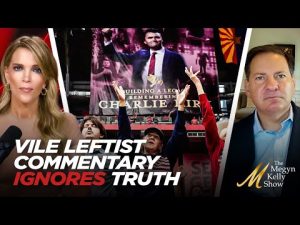In recent years, the FCC’s role under different administrations has been at the center of a heated debate over free speech and political influence. The commentary surrounding this issue highlights the troubling trend of government intervention in broadcasting, seemingly to silence various voices. This behavior raises significant concerns about the fairness and objectivity of media regulation and the lengths lawmakers may go to influence the media landscape to their advantage.
Allegations have surfaced from multiple administrations about using the licensing authority of the FCC to potentially chill speech. FCC Commissioner Anna Gomez criticized the Trump administration for weaponizing the FCC’s licensing authority, expressing concerns over the chilling effect on free speech this might cause.
While the article initially emphasizes the Biden administration’s alleged actions against Sinclair Broadcasting, this has no direct verification. No confirmed instances exist of the FCC denying routine license renewals to Sinclair Broadcasting, nor is there evidence supporting a specific campaign by Democratic Congress members in 2021 explicitly targeting Fox News, Newsmax, and OAN to pressure cable companies into dropping them.
Moreover, there have been broader discussions about the role of social media in regulating political speech, yet specific claims concerning administration-led censorship efforts are unverified.
The complexities of FCC and media regulation reflect a broader landscape where regulatory actions attract scrutiny and critiques from different political perspectives. This ongoing issue calls for careful examination and transparency in how regulatory decisions are made to ensure that all voices, regardless of political alignment, are heard without unwarranted interference.
Ultimately, a balanced discussion around media regulation and government interaction requires acknowledging these complexities and striving for a fair approach to free speech, a principle that should remain untethered from partisan influence.







